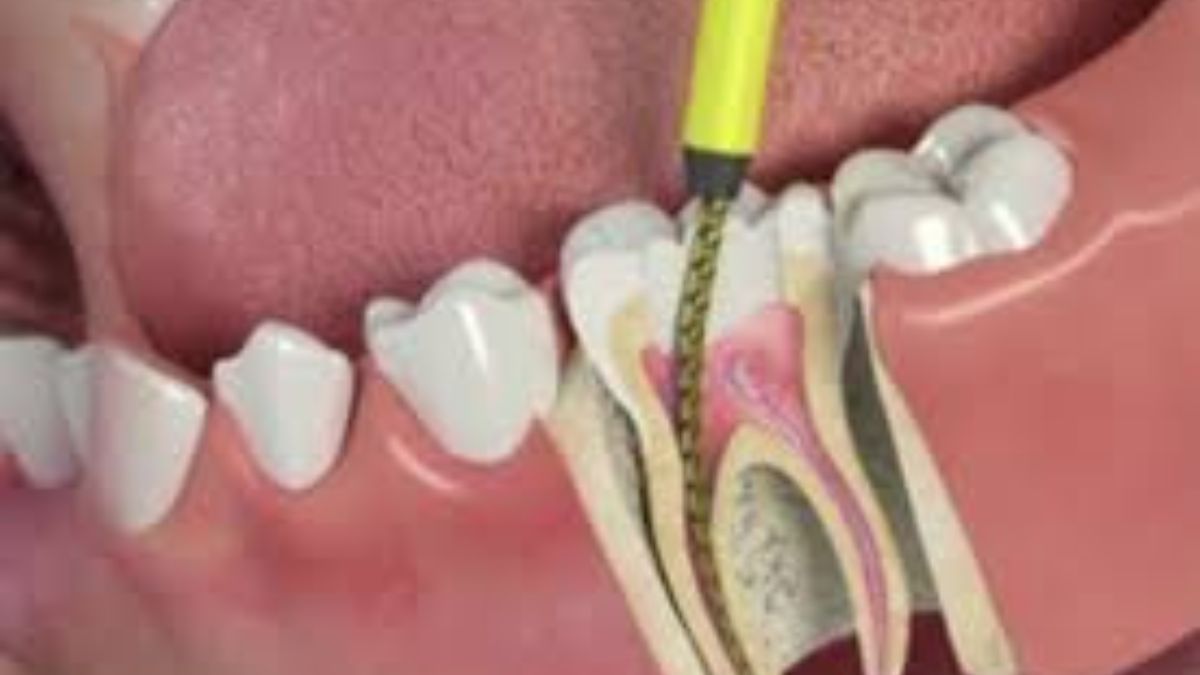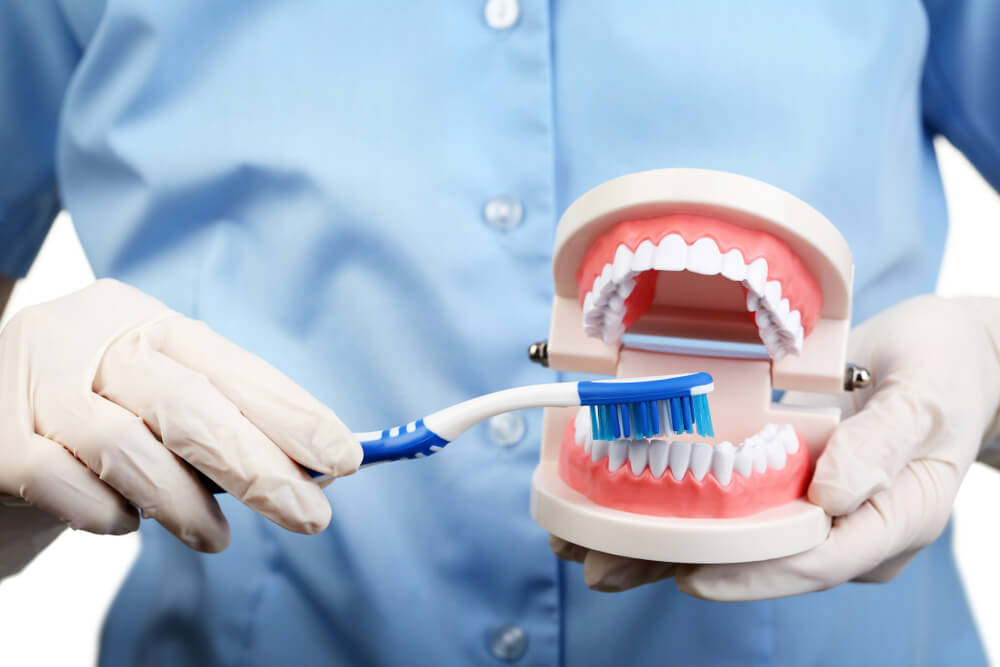Dental abscesses are painful, often alarming, and can lead to severe complications if left untreated. They typically occur when an infection reaches the root of a tooth, causing localized swelling, redness, and sometimes fever. However, understanding the underlying causes of dental abscesses can help you better prevent and manage them. In this blog post, we’ll dive into what causes dental abscesses and how to safeguard your oral health.
What is a Dental Abscess?
A dental abscess is a collection of pus that forms inside the tooth, gums, or surrounding tissues due to an infection. The infection is usually the result of bacteria, which have gained access to the tooth or its root through cracks, cavities, or gum disease. As the infection progresses, it can cause intense pain and discomfort. Left untreated, a dental abscess can spread to other areas of the body and lead to more serious health concerns.
The Root Causes of Dental Abscesses
Poor Oral Hygiene
The most common cause of a dental abscess is poor oral hygiene. When you fail to brush and floss regularly, plaque and bacteria build up on the surface of your teeth and gums. This accumulation can eventually lead to the formation of cavities, which are an entry point for harmful bacteria to invade the tooth’s interior.
As the bacteria move deeper into the tooth structure, they can reach the pulp, where the nerves and blood vessels are located. If left untreated, this infection can develop into a dental abscess. This is why maintaining a good oral hygiene routine is critical to preventing abscesses and other dental issues.
Untreated Cavities
Cavities, or dental caries, are another significant contributor to the development of dental abscesses. A cavity is a hole in the tooth caused by the breakdown of tooth enamel from acid produced by bacteria in the mouth. As a cavity progresses, the bacteria continue to penetrate deeper into the tooth. If left untreated, the bacteria can reach the pulp of the tooth, causing infection and, eventually, an abscess.
Even if cavities seem small or don’t cause significant pain initially, they should never be ignored. Regular dental checkups are crucial for detecting and addressing cavities before they turn into more severe problems.
Gum Disease (Periodontal Disease)
Gum disease, especially its advanced form—periodontitis—can also lead to the formation of dental abscesses. Periodontitis occurs when plaque and tartar build up along the gum line, causing inflammation and infection of the gums. If the disease is left untreated, the infection can spread to the bones and soft tissues that support your teeth.
In severe cases, gum disease can create deep pockets between the gums and teeth, which become perfect breeding grounds for bacteria. This infection can eventually lead to abscess formation, either in the gums or at the base of the tooth.
Tooth Trauma
Accidents or injuries that cause damage to the teeth can also make them more susceptible to infections. A cracked or chipped tooth provides an opening for bacteria to enter the tooth’s pulp and cause an abscess. Even a seemingly minor injury, such as a knocked-out filling or crown, can leave the tooth vulnerable to infection. Seeking dental care immediately after any injury to the teeth is crucial in preventing complications like abscesses.
Weakened Immune System
People with weakened immune systems, due to conditions like diabetes,HIV/AIDS, or chemotherapy, are more susceptible to infections, including dental abscesses. A compromised immune system struggles to fight off infections, allowing bacteria to thrive and potentially cause an abscess. Proper management of underlying health conditions and working with healthcare providers can help reduce the risk of oral infections.
Poor Diet and Habits
Your diet and lifestyle habits also play a significant role in your oral health. Diets high in sugar and refined carbohydrates promote the growth of bacteria that cause tooth decay. If you consume sugary foods and drinks frequently and neglect proper brushing and flossing, you increase your risk of cavities and, subsequently, abscesses.
Additionally, smoking or using tobacco products can increase your chances of developing gum disease, which as discussed earlier, can lead to abscesses. Quitting smoking and adopting a balanced diet can go a long way in preventing these painful infections.
Root Canal Complications
A root canal treatment is often performed when the pulp of a tooth is severely infected. However, in some cases, the treatment itself can result in complications, leading to the formation of an abscess. For example, if the root canal doesn’t completely remove all the infected tissue or the tooth isn’t properly sealed, bacteria can remain and cause an abscess. If you’ve had a root canal and experience symptoms of an abscess, it’s important to see your dentist right away.
Preventing Dental Abscesses
While dental abscesses are painful and dangerous, they can be largely prevented with good oral hygiene practices. Here are some essential tips to help you maintain a healthy mouth and avoid abscesses:
- Brush your teeth twice a day with fluoride toothpaste and floss daily to remove plaque and food particles.
- Visit your dentist regularly for checkups and cleanings. Dentists can catch issues like cavities, gum disease, and cracks before they turn into abscesses.
- Limit sugary foods and drinks to reduce the risk of cavities.
- Wear a mouthguard if you participate in sports to protect your teeth from injury.
- Quit smoking to improve your gum health and reduce the risk of infections.
In Conclusion
Dental abscesses are not just a painful inconvenience—they can cause serious complications if left untreated. Understanding the underlying causes of these infections, such as poor oral hygiene, untreated cavities, and gum disease, can help you take preventive steps and avoid more extensive procedures. Maintaining good oral hygiene and seeking timely dental care are your best defenses against the discomfort and potential dangers of dental abscesses. If you’re experiencing symptoms of an abscess, you may need emergency dental care in Colorado Springs to address the issue promptly and avoid further complications.









